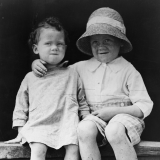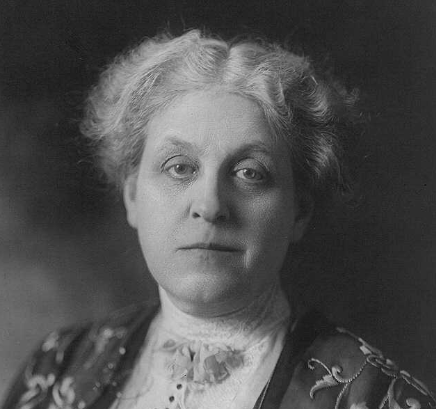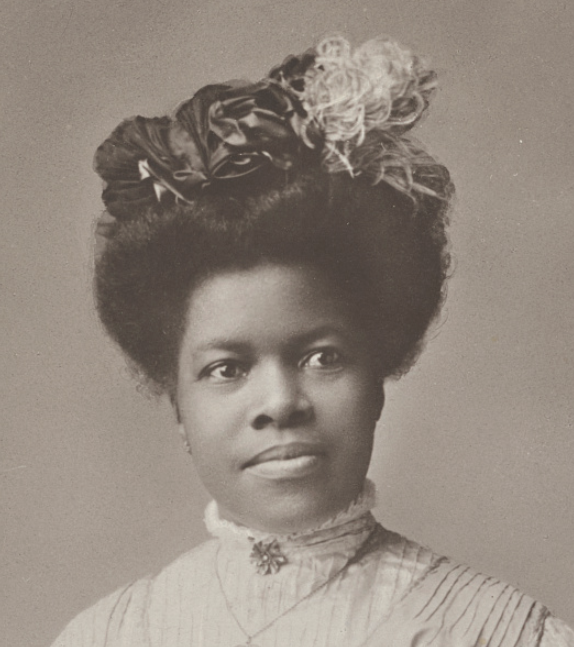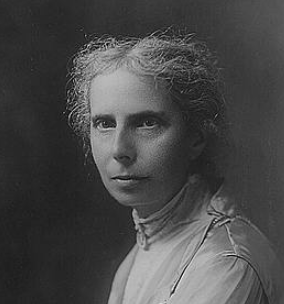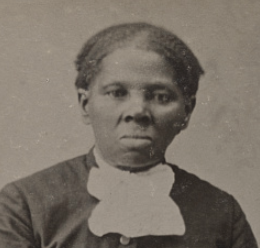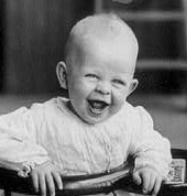Lighthouses have played an important role in our nation's history. What are some resources that you use to teach young learners about lighthouses?

Highsmith, C. M., photographer. (2018) TheNorth Head Lighthouse is an active as of 2018 aid to navigation overlooking the Pacific Ocean from North Head, a rocky promontory located approximately two miles north of Cape Disappointment and the mouth of the Columbia River, near Ilwaco, Washington. United States Ilwaco Washington Pacific County Washington State, 2018. -05-24. [Photograph] Retrieved from the Library of Congress, https://www.loc.gov/item/2018698722/.
I just read a delightful blog post describing the work of pre-K, 1st grade, and 3rd grade teachers using the Question Formulation Technique, with young learners.
Little Wonderers: Adapting the QFT for Early Learners, by Maame Conduah,  Katy Connolly
,
Katy Connolly
, 
Teacher Leadership Opportunity in PreK-5 Civic Learning (compensation and PDPs)
Are you a PreK or elementary school teacher in a Massachusetts public school? Are you passionate about helping your learners practice civic skills and navigate civic choices? Apply to take a leadership role developing professional learning opportunities for Massachusetts teachers with the DESE* Civics Pathways project.
DESE Civics Pathways is a professional development initiative of the Department of Elementary and Secondary Education, developed and facilitated by Massachusetts teachers, Project Zero and the Democratic Knowledge Project at Harvard University, iCivics, and the Collaborative for Educational Services. We are convening a cohort of Civics Teacher Leaders to develop and facilitate virtual and in-person workshops and online courses for PreK and elementary school teachers that consider how to integrate civics with early literacy and embed civics in the elementary classroom. As a Civics Teacher Leader, you will support the learning of teachers across Massachusetts, develop your professional learning design and facilitation skills, and deepen your own learning by engaging with fellow teacher leaders and civics experts.
Civics Teacher Leaders will receive compensation and PDPs for their work.
Click here for more information and to apply.
APPLICATION DEADLINE: Monday, Feb. 26, 2024; 9am
Please direct questions to Carin Aquiline, carin_aquiline@gse.harvard.edu
*DESE stands for the Massachusetts Department of Elementary and Secondary Education
It all started with children singing "Take Me Out to the Ballgame."

https://www.loc.gov/item/2023796112/
In the odd, winding way we often find ourselves wandering from one post to another in the TPS Teachers Network, I ran across a 10-year-old post from a kindergarten teacher in the Primary Sources in Elementary Education group. I thought her description of how she used primary source images of sports teams was an excellent model for other kindergarten teachers or teachers of young children.
What kindergarten primary source stories and teaching strategies do you have to share?
Sports History in Kindergarten

Calling all Picassos — tomorrow, October 25, is International Artist Day, an annual celebration of artists and the importance of art as a creative expression. And because we love art and its role in learning with primary sources, we invite you to share your favorite images that capture how children and educators can honor the arts while having fun.

New Britain, Connecticut. A child care center, opened September 15, 1942, for thirty children, age two to five, of mothers engaged in war industry. The hours are 6:30 a.m. to 6 p.m. six days per week. Children painting and coloring. Photo by Gordon Parks, June 1943. //hdl.loc.gov/loc.pnp/fsa.8d30782
Hello all,
I (Bert Snow) am going to be at the great Ed Games Expo conference in DC next week. From 10am-12:30pm on Weds. Sep 20, K-6 teachers and students will be coming to the Kennedy Center REACH center, and we have a table.
The problem is TPS is also doing a special session at the LOC, and I've been asked to speak there. (and my KidCitizen colleagues can't be there.)
SO - I'm looking for one person to "staff" our table, give out flyers, and show people KidCitizen on a tablet. It won't be hard and I'll teach you what you need to know.
If you might be able to help (or know someone, please get in touch at snow.bert@gmail.com or 978-697-7496.
thanks!
I've always admired  Kellie Taylor
's Playground Design Challenge album and lesson plan. I thought of it again when I saw an article shared in the ASCD SmartBrief newsletter titled From Bus Stops to Laundromats, Cities Embrace Play to Help Kids Learn.
Kellie Taylor
's Playground Design Challenge album and lesson plan. I thought of it again when I saw an article shared in the ASCD SmartBrief newsletter titled From Bus Stops to Laundromats, Cities Embrace Play to Help Kids Learn.
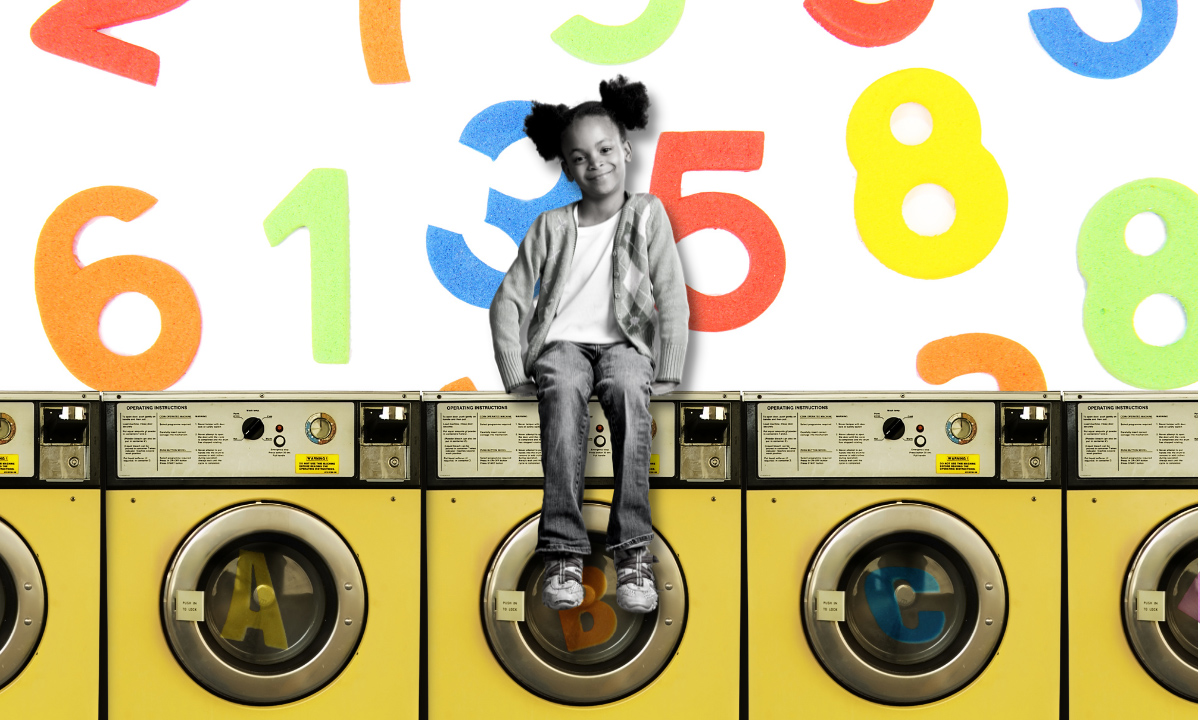
Photograph by Meghan Gallagher/The 74
Now I find myself wondering how Library of Congress primary sources could be integrated into the Playful Learning Landscapes Action Network described in the article.
Pre K - 2 3 - 5 Physical Education Mathematics Science Playgrounds Early Childhood Education Public Spaces
Friendship is a timeless treasure, even in the pages of history. Take a moment to appreciate the significance of friendship in early childhood, as evidenced in primary sources. From diaries and letters to photographs and artwork, we find traces of deep bonds and lifelong friendships. Let's celebrate these connections that transcend time and inspire us today.

(1942) San Francisco, Calif., April . A lunch hour scene at the Weill public school in the so-called international section. Many children of Japanese ancestry like the boy shown here with his Caucasian chum, were evacuated with their parents from this neighborhood, to go to the War relocation authority centers for the duration of the war. San Francisco California, 1942. April. [Photograph] Retrieved from the Library of Congress, https://www.loc.gov/item/2001705930/.

Mullen, P. B. (1978) Children's rhymes and games, Blue Ridge Elementary School, Ararat, Virginia. United States Patrick County Virginia Ararat, 1978. Ararat, Patrick County, Virginia, December , 9. [Photograph] Retrieved from the Library of Congress, https://www.loc.gov/item/afc1982009_pm_029/.
Let's create a brighter future for our young learners! ? On this World Environment Day, we're reminded of the profound impact our environment has on children's lives. Education plays a crucial role in shaping the next generation of environmental champions. By incorporating lessons about our natural world into early childhood education, we can ignite a spark of curiosity and enthusiasm in our children, paving the way for a future filled with passionate conservationists.
Let's empower our young learners with the knowledge and appreciation they need to cherish and protect our planet. By fostering a deep connection to nature from an early age, we can sow the seeds of lifelong environmental stewardship.
So, this World Environment Day, let's dive into the magic of primary sources and learn about our beautiful planet together! Share your favorite primary sources that have inspired you to care for the environment. Together we can create a treasure trove of resources for all the young explorers out there to become compassionate guardians of the environment for generations to come.
Johnston, F. B., photographer. (1899) Kindergarten in a vegetable garden, Washington, D.C. Washington D.C, 1899. [?] [Photograph] Retrieved from the Library of Congress, https://www.loc.gov/item/2001703638/.

As we recognize the incredible impact that teachers have on our lives, let's take a trip down memory lane to reminisce about the timeless magic of kindergarten classrooms!
In this collection of photographs, we get a glimpse at scenes from kindergarten classes of yesteryear. We can imagine the gentle hum of laughter and the joyous energy that filled these rooms!
Remember those tiny chairs and tables that perfectly fit our pint-sized selves? They witnessed countless adventures and imaginative creations, sparking our love for learning from the very beginning. The walls adorned with colorful artwork, proudly displaying our early masterpieces. From finger paintings to collages made from cut-out shapes, each piece represented a precious moment of creativity and self-expression. The shelves brimming with well-loved storybooks that ignited our passion for reading. Our patient teachers would whisk us away on captivating adventures, introducing us to the wonders of imagination, one page at a time. And who can forget those special "circle times" when we gathered on the rug, eagerly listening to tales of friendship, kindness, and the importance of sharing? Those lessons remain etched in our hearts, shaping the way we interact with the world.
This week, let's express our deepest gratitude to the remarkable educators who continue to create these cherished memories for generations of kindergarteners. Their dedication, patience, and unwavering passion inspire us all.
To all the incredible teachers out there, thank you for shaping our past, present, and future!
Testimonials
- I love that there is new info on the site daily!
- I had a wonderful time working with the Library of Congress and learning about all of the resources at my fingertips!
- The TPS Teachers Network has an equal exchange of ideas. You know it's not a place where you're being judged.
- My colleagues post incredibly fine resources and ideas....the caliber of the suggestions and resources make me feel that I take a lot from it. It's a takeaway. And I hope that I can give back as much as I get.
- Going into this school year, I have a fantastic new resource for my own instruction and to share with my colleagues!
- I am very glad that I discovered the TPS Teachers Network through RQI. Great resources can be hard to find out there on the internet!

